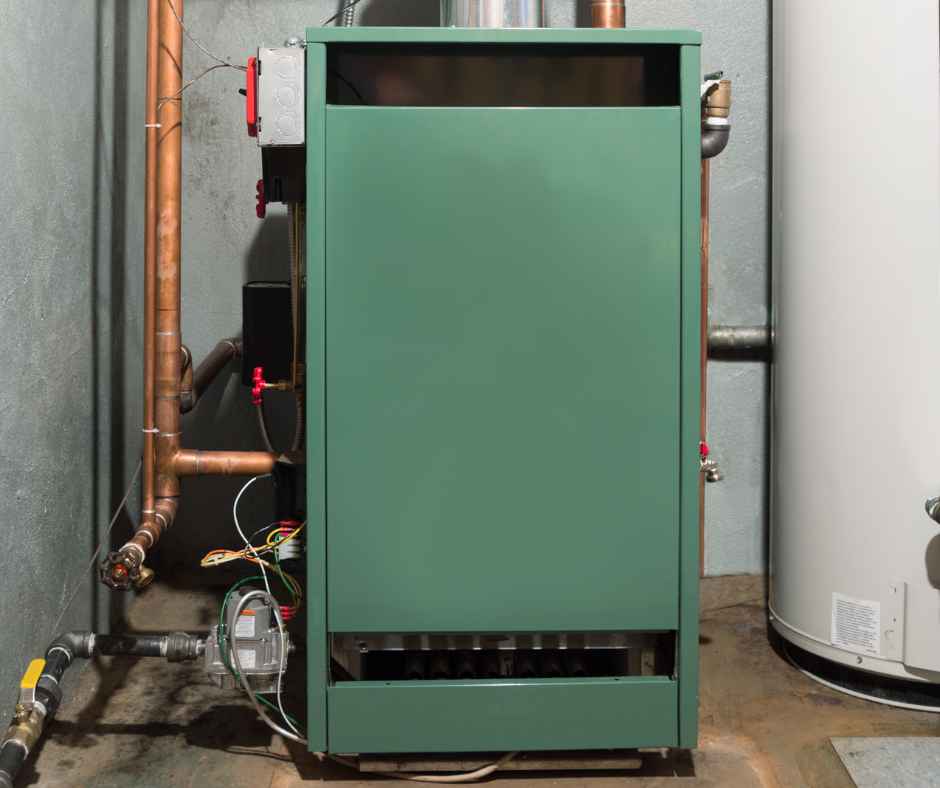Closed: Sun for God + Family time
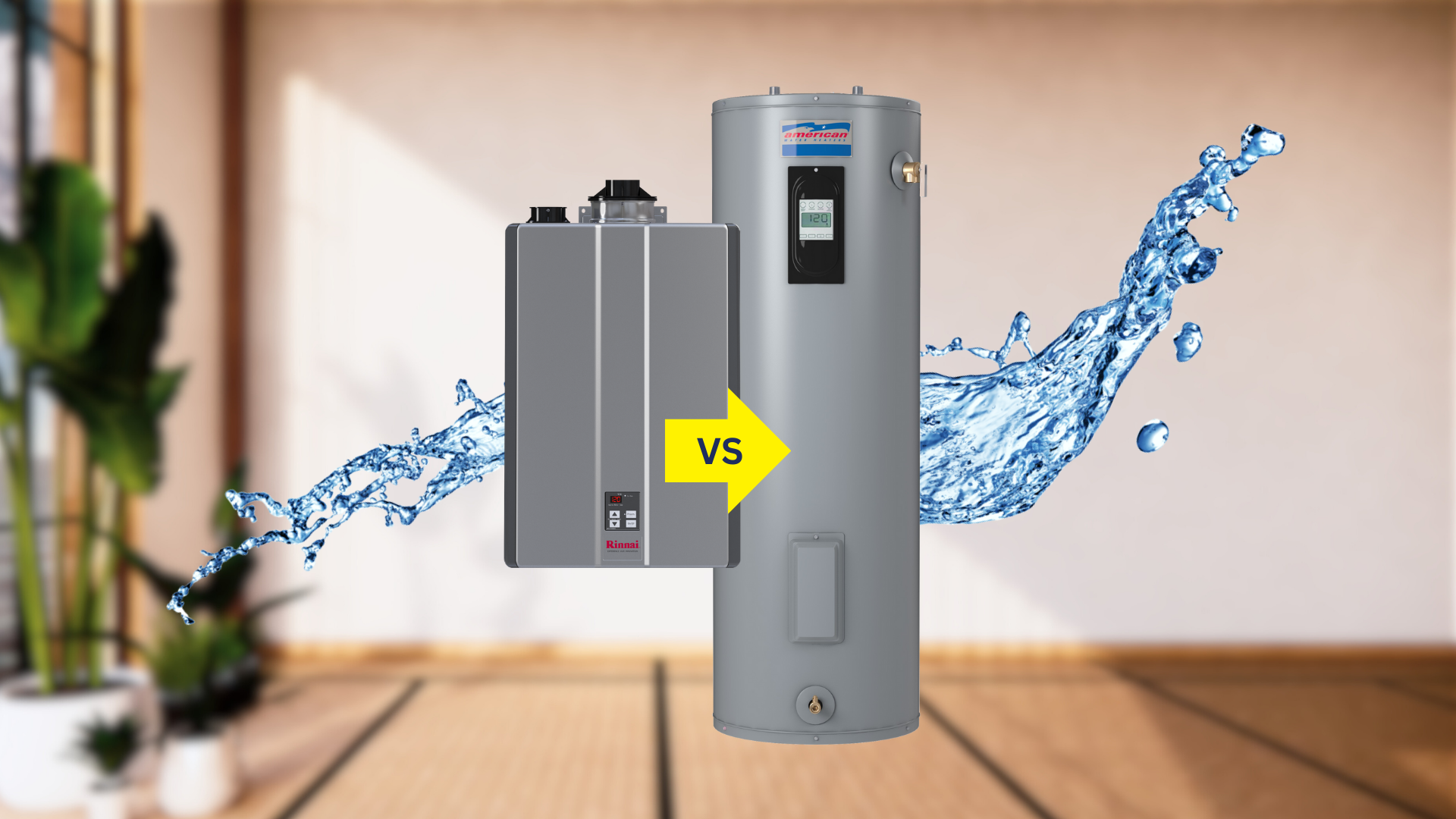
Tank Vs Tankless Water Heater | Armor Air
Tankless vs. Tank Water Heaters: Making the Best Choice for Your Home’s Hot Water Needs
When it comes to water heaters, homeowners are faced with the decision of choosing between tankless and tank water heaters. Both types have their advantages and disadvantages, so it’s important to understand the key differences in order to make an informed decision. In this article, we will explore the disparities between tankless and tank water heaters to help you choose the right option for your needs.
Operation and Design
Tank Water Heater: Tank water heaters are the more traditional option. They consist of a large storage tank that holds and heats a predetermined amount of water. The tank continuously keeps the stored water hot until it is needed. When hot water is used, cold water enters the tank and is heated to replace the used water.
Tankless Water Heater: As the name suggests, tankless water heaters do not have a storage tank. Instead, they heat water on demand as it passes through the unit. When a hot water tap is turned on, cold water flows through a heat exchanger, which quickly heats the water to the desired temperature. The hot water is then delivered instantly, eliminating the need for a storage tank.
Energy Efficiency
Tank Water Heater: Traditional tank water heaters constantly keep the stored water hot, which leads to standby heat loss. This means that energy is wasted as the water cools down and reheats in the tank. However, newer tank water heaters are becoming more energy efficient with better insulation and heat retention properties.
Tankless Water Heater: Tankless water heaters are known for their energy efficiency. Since they only heat water as it is needed, there is no standby heat loss. This on-demand heating reduces energy consumption, resulting in lower utility bills. However, it’s important to note that the energy savings may vary depending on factors such as the frequency of hot water usage and the specific model of the tankless unit.
Hot Water Capacity
Tank Water Heater: The storage tank in traditional water heaters allows for a certain amount of hot water to be readily available. Once the hot water is used up, it takes time for the tank to refill and heat the water again. The size of the tank determines the hot water capacity of the unit. If the demand for hot water exceeds the tank’s capacity, users may experience a temporary shortage of hot water until the tank refills and reheats.
Tankless Water Heater: Tankless water heaters provide a continuous supply of hot water since they heat the water on demand. The hot water capacity is not limited by a tank’s size, allowing users to have an endless supply of hot water as long as the unit can keep up with the demand. However, if multiple hot water outlets are used simultaneously, the flow rate may be reduced, resulting in slightly lower water temperatures.
Water Heater Installation and Space Requirements
Tank Water Heater: Tank water heaters require a storage tank, which can be large and bulky. These units need a dedicated space in the house, such as a basement or utility room. The installation process involves connecting the unit to the water supply and the necessary plumbing connections.
Tankless Water Heater: Tankless water heaters are compact and typically wall-mounted. They take up much less space compared to tank water heaters. The installation process involves connecting the unit to the water supply and installing appropriate venting for gas-powered models. It’s important to note that tankless units may require higher electrical or gas supply capacity depending on their size and specifications.
Lifespan and Maintenance
Tank Water Heater: Traditional tank water heaters generally have a lifespan of about 10 to 15 years, although proper maintenance can extend their longevity. Maintenance typically involves periodic flushing of the tank to remove sediment buildup and checking the anode rod for corrosion.
Tankless Water Heater: Tankless water heaters tend to have a longer lifespan, ranging from 15 to 20 years or more, depending on usage and maintenance. They require less maintenance compared to tank water heaters since they do not have a tank that can accumulate sediment. However, periodic maintenance, such as descaling the heat exchanger, may be necessary to ensure optimal performance.
The choice between a tankless and tank water heater depends on various factors such as energy efficiency, hot water demand, available space, and installation requirements. Tankless water heaters offer on-demand hot water, energy efficiency, and a longer lifespan, but they can be more expensive upfront and may have limitations in simultaneous hot water usage. Tank water heaters provide a storage tank for a readily available hot water supply but have standby heat loss and limited capacity. Considering your specific needs and preferences will help you make the right decision when it comes to selecting a water heater for your home.
Share This Story, Choose Your Platform!
Recent News

When Should You Upgrade To a Smart Thermostat?
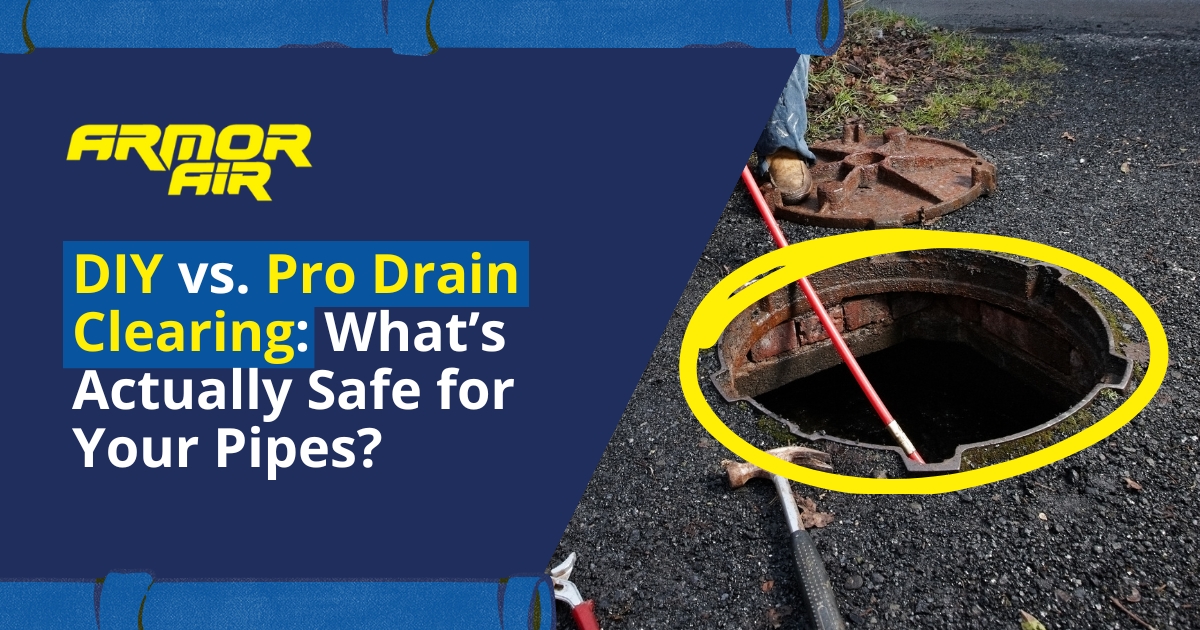
DIY vs. Pro Drain Clearing: What’s Actually Safe for Your Pipes?

How Whole-Home Surge Protection Shields Your HVAC & Appliances

Top 5 Causes of AC Breakdowns During Indiana Heatwaves
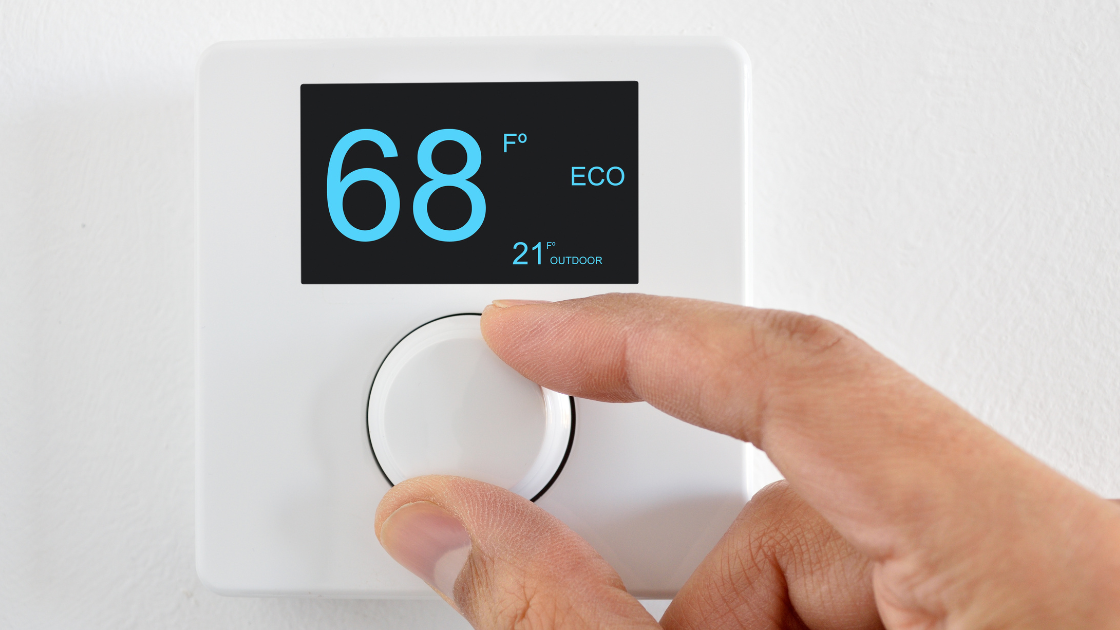
Help! My Heater Won’t Turn Off
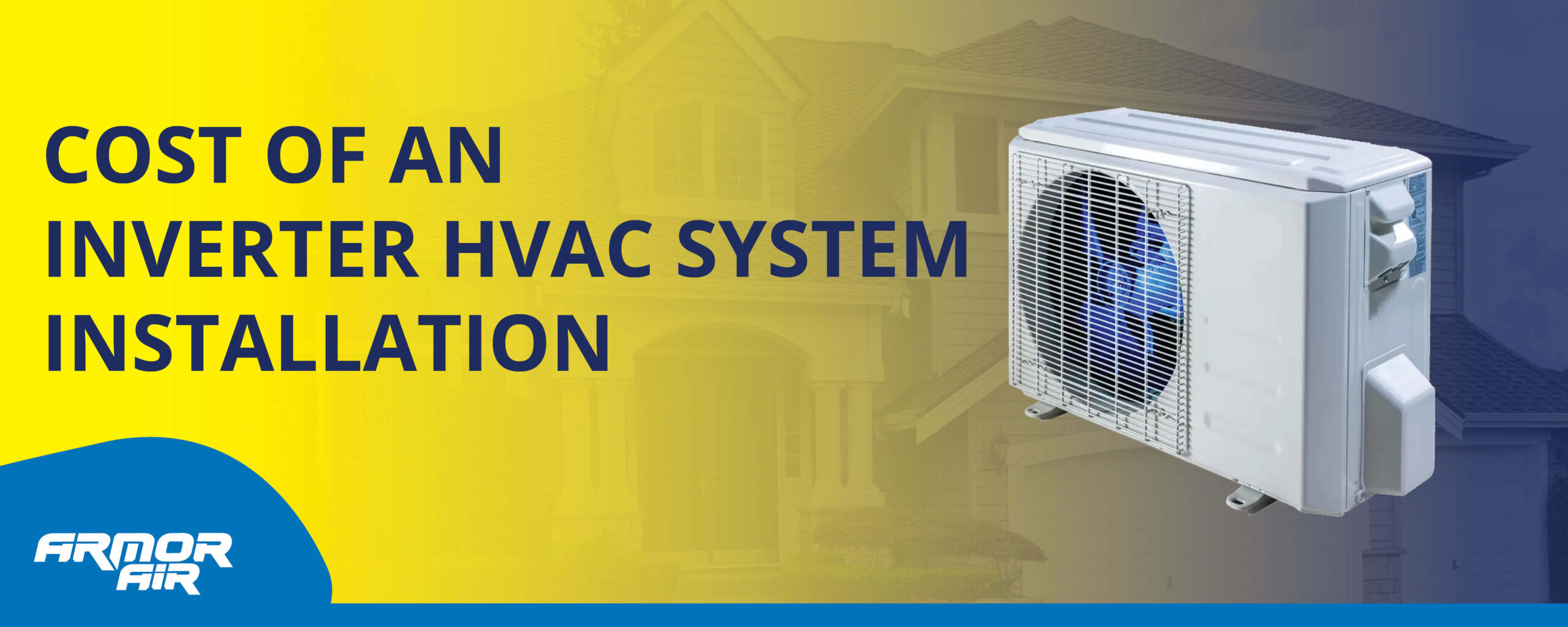
How Much Does an Inverter HVAC System Installation Cost (2025)
